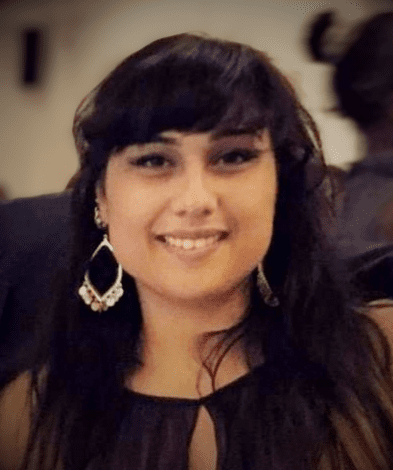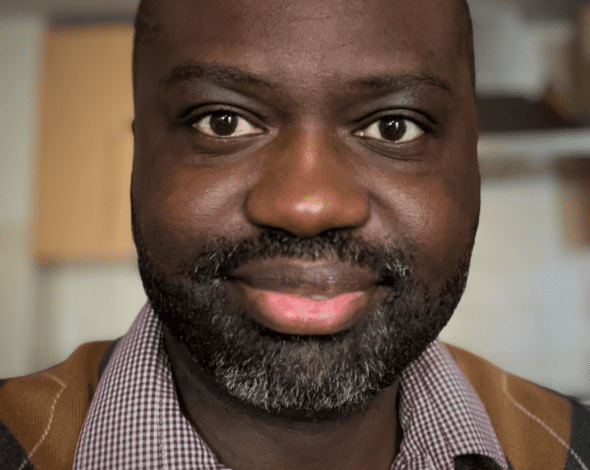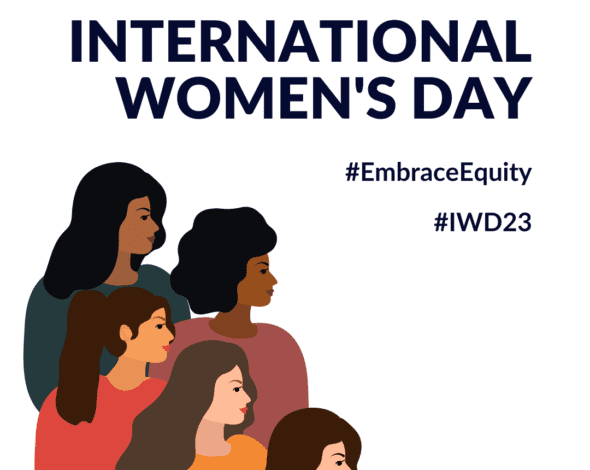After qualifying as a social worker in 2001, Tom Woodd worked in London with a crisis resolution team, community mental health team and then early intervention in psychosis team. He later managed an AMHP service, before moving to Devon in 2012. While he has largely worked in community mental health services in Devon, he spent three years as a children and families social worker. Today, Tom is Devon Partnership NHS Trust’s south and west social care lead. Here, he reflects on social work’s challenges, aspirations, and the profession’s meaning for him.
Tom, please tell us what social work means to you.
 The question: ‘What is Social Work?’ is one I feel I have been trying to answer since before I even qualified. Is there really something unique about social work? Over time I have reflected that social work is clearly more than the tasks, and the statutory duties we might have to undertake or work within; more than skills such as communicating, connecting and assessing. These are skills we find in other professions, and the different roles social workers do involve very different tasks. Similarly the values and approaches, such as working in a person-centred, strengths-based way, with an awareness of power and anti-discriminatory practice, of balancing tensions between individual needs and groups, of exploring moral dilemmas such as those involved in rationing resources, are all valuable elements that are important to social work, but they are not exclusive to our profession, and not all social workers have exactly the same values and approaches.
The question: ‘What is Social Work?’ is one I feel I have been trying to answer since before I even qualified. Is there really something unique about social work? Over time I have reflected that social work is clearly more than the tasks, and the statutory duties we might have to undertake or work within; more than skills such as communicating, connecting and assessing. These are skills we find in other professions, and the different roles social workers do involve very different tasks. Similarly the values and approaches, such as working in a person-centred, strengths-based way, with an awareness of power and anti-discriminatory practice, of balancing tensions between individual needs and groups, of exploring moral dilemmas such as those involved in rationing resources, are all valuable elements that are important to social work, but they are not exclusive to our profession, and not all social workers have exactly the same values and approaches.
Perhaps I am asking the wrong question. Perhaps we don’t need to find something unique about social work but accept that it is enough to broadly understand what social work can offer, what we can contribute. From our training and ongoing development, we develop a broad range of skills and knowledge and values, including but much more than those that I have described above. Ultimately these help us to be in the position to try to get alongside people to listen, understand and support them to achieve the change they want, to live how they and their communities want to live. The questions I always find myself coming back to are ‘what does the person want?’ and ‘how can they achieve that?’ It’s perhaps surprising how easily this gets lost or overrun by other agendas such as treating illness, managing resources or managing risk.
Please share your reflections on the last year.
The last year has seen further growth of Devon Partnership NHS Trust’s social care pathway. An integrated social care offer is something that remains a real challenge within mental health services and perhaps always will be. There is an inevitable tension across the different legislation, policy, organisations and budget streams, not to mention the tensions and overlap between different professions and models of health and social care. From what I understand, many different authorities around the country are doing it in different ways. In Devon we continue to try to focus on promoting the individual’s views and choices, and carry that value and approach through in the wider multidisciplinary and multiagency discussions.
In our day-to-day practice, we can often feel like we are just moving our attention from one crisis to another, after all that’s when people need us most. COVID has at times felt like a permanent state of crisis this last year, like last. It has been a real stretch for the organisation, managing staff resources, hospital beds, and limited community and social care resources. A significant reflection on the last year has been recognition of the importance of promoting reflective spaces for staff. At times creating space for reflection seemed like a luxury we couldn’t afford. Yet somehow we sustained spaces in the form of a locality social work forum and a social care/AMHP team reflective group. Digital platforms helped as Devon is so vast but ultimately momentum came from the realisation that individuals really valued the chance to connect and talk about their feelings and thoughts, separate to their focus on the immediate task in front of us. It helped reduce stress and at the same time promoted our sense of our professional identity, and hold our part of the struggle and tensions. These spaces helped remind us about why we do the work and what we enjoy about it. They helped sustain our resilience.
Another thing I have been working on this year that I am proud of is connecting with the local voluntary sector. Again this is something digital platforms have made so much easier. I have run sessions online and become a point of contact for some of the voluntary sector and community organisations in my locality who are working with those experiencing mental distress. I’ve had really positive feedback and I believe this is helping those organisations and workers feel more confident and contained, and ultimately will strengthen community wellbeing, understanding and support. It feels like a drop in the ocean really but like it is the start of something that will grow over time, especially with further development in this direction encouraged by the Community Mental Health Framework.
What do you think is next for social work, and do you have any reflections on this year’s World Social Work Day theme: ‘Co-building a New Eco Social World: Leaving No One Behind?’
It seems like we in the UK are coming out of the pandemic now thanks to our vaccination programme but some parts of the world are still really struggling. I know doing our day-to-day jobs it can feel like we can’t do much about that but there is always something more we can do. That is why ‘Leaving No One Behind’ is such an important theme this year.
I would love social work to have a stronger voice and more action around challenges such as the global approach to COVID, climate change, the cost of living crisis, and anti-discrimination. There are clear links between inequality and poor mental and physical health that we all understand but find it difficult to address at anything but the individual level. Like so many others, I am always drawn back to listen and work with the person in front of me, to focus on what resources, opportunities and experience they have, what is happening in their communities, and what is within my power, and within the power of the people in the team I work in. We continue to be reflective and maintain the struggle to challenge our assumptions and privilege on a personal level, but there is also a need to find better ways to support structural and strategic change. I am still striving to feel confident or competent in doing that. I do feel that Social Work England is starting to have more of an impact and hopefully that can be built upon in years to come.
Thank you Tom for taking the time to share your thoughts.








